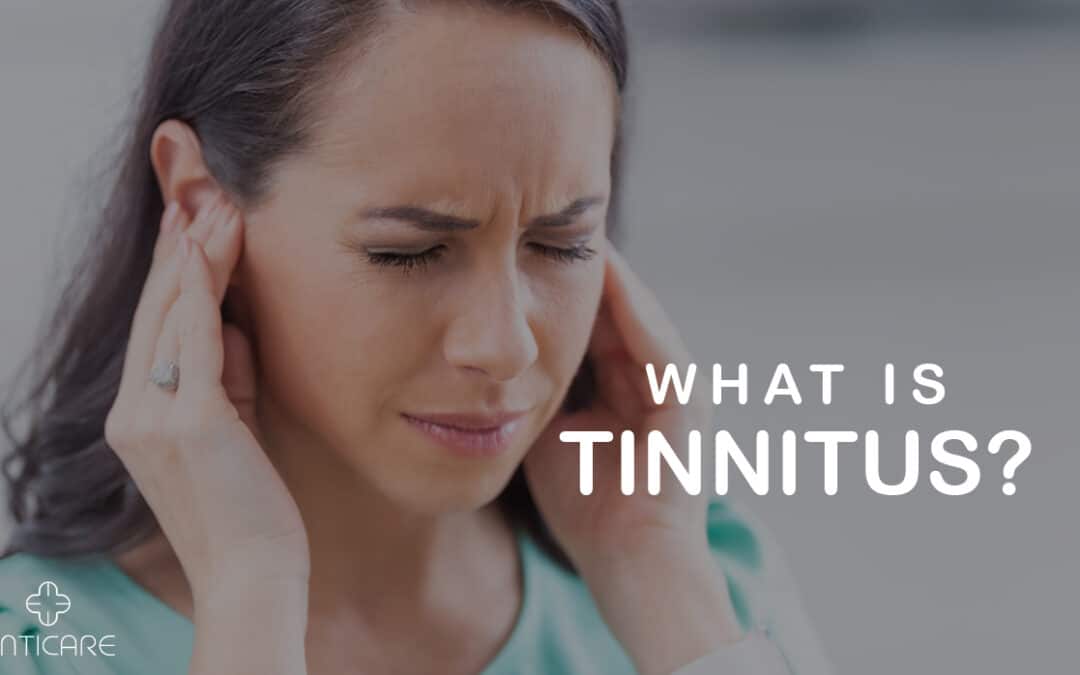Tinnitus, characterized by phantom sounds like ringing or buzzing, affects millions worldwide. Explore its causes, diagnosis, and treatments to alleviate symptoms and enhance well-being.
What is Tinnitus?
Tinnitus manifests as phantom sounds in one or both ears. Approximately 15-20% of the population experiences it at some point, with a fraction enduring chronic and debilitating forms.
Causes of Tinnitus
Numerous factors contribute including:
- Exposure to loud noises
- Ear infections
- Age-related hearing loss
- Cardiovascular disease
- Stress
- Side effects of medications
- Underlying conditions like Meniere’s disease or temporomandibular joint disorder
Diagnosis and Evaluation
- Comprehensive medical evaluation
- Review of symptoms and medical history
- Physical examination
- Hearing tests and imaging studies to determine underlying causes
Treatment Options for Tinnitus
While no single cure exists, various treatment approaches can offer relief:
Sound Therapy
- Background noise (white noise or music) masks the phantom sounds, making them less noticeable.
Cognitive Behavioral Therapy (CBT)
- Helps manage stress and anxiety associated with this condition.
Medications
- Anti-anxiety drugs or antidepressants may alleviate symptoms in some cases.
Tinnitus Retraining Therapy (TRT)
- Combines sound therapy and CBT to habituate individuals and reduce its impact.
Surgery
- Rarely necessary, aims to treat underlying causes such as tumor removal or ear drum repair.
Lifestyle Changes
In addition to formal treatments, lifestyle adjustments can aid in management:
- Avoiding loud noises
- Stress management techniques
- Regular exercise
Conclusion
Tinnitus presents a complex challenge, but with the right approach, individuals can mitigate its impact and improve their overall well-being. Don’t let it disrupt your life; take the first step towards relief by seeking professional help. This condition can significantly affect quality of life, but proper diagnosis and treatment can provide relief. If you’re experiencing tinnitus, seek assistance from our providers at Enticare by contacting us at 480-214-9000.

